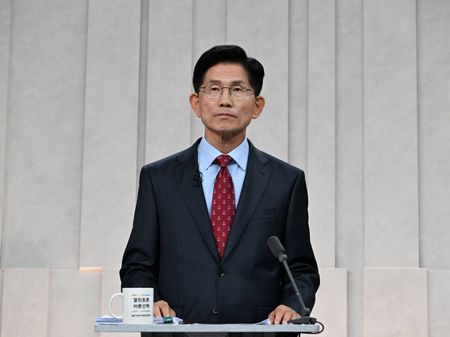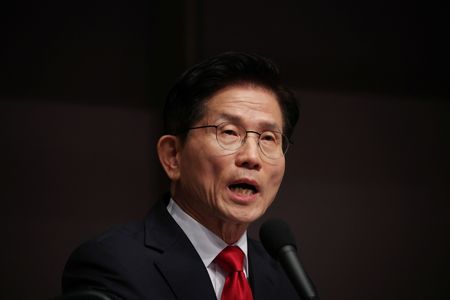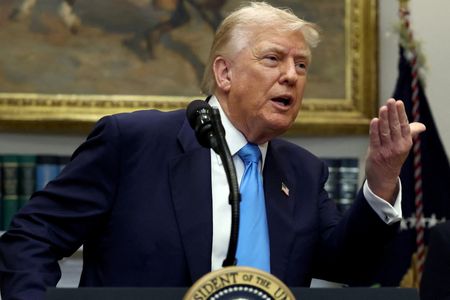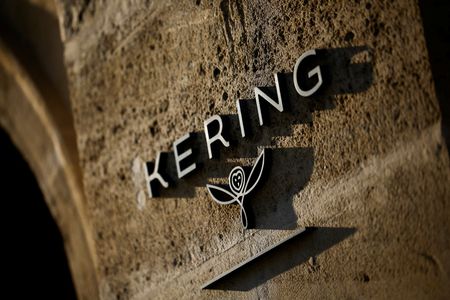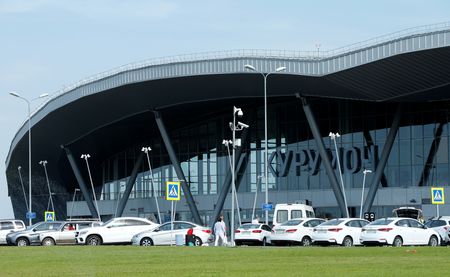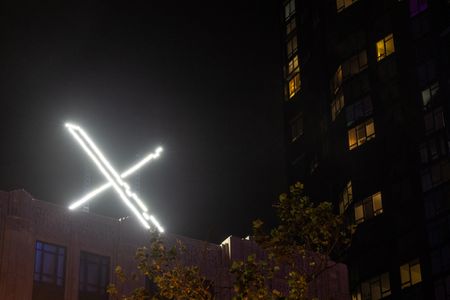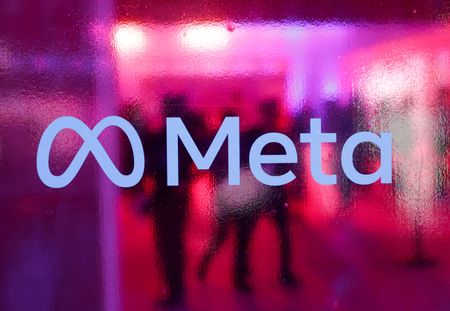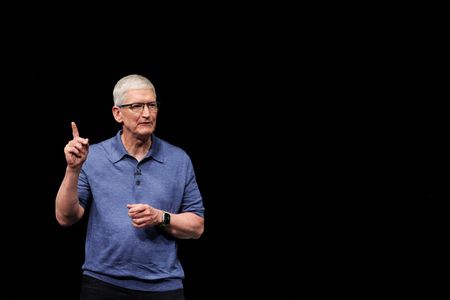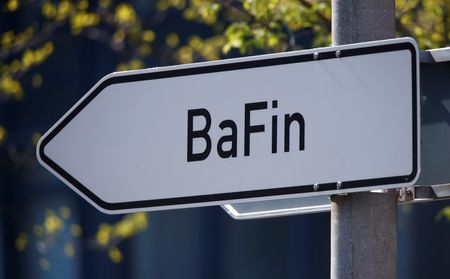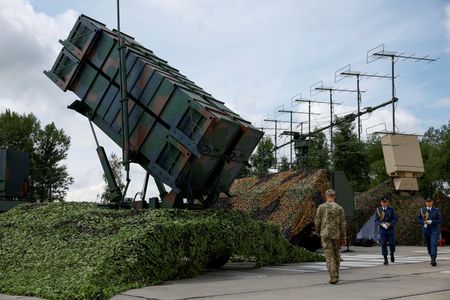By Jack Kim
SEOUL (Reuters) -South Korea’s conservative presidential candidate Kim Moon-soo came to prominence as a maverick right-wing politician but it was only the latest metamorphosis in a life that saw him espouse liberal causes as a labour activist when he was younger.
Now the nominee for the People Power Party (PPP) is putting himself forward as a moderate, aware that it is the centrist vote he needs to attract if he is to have a chance against liberal frontrunner Lee Jae-myung in the June 3 election.
“I’ve done the left and I’ve done the right. To go from the left to the right, you have to pass the centre,” Kim, 73, said when he declared his plan to run in April.
“I have known people who struggle at the lowest level and I’ve known chaebol people,” he said, referring to South Korea’s family-owned conglomerates such as Samsung and Hyundai. “A person who understands and embraces the whole is the centrist.”
Unlike Lee, who is running in his second straight campaign for president, Kim will barely have two months for his shot at leading Asia’s fourth-largest economy, having thrown his hat in the ring only after Yoon Suk Yeol was ousted for his ill-fated attempt to impose martial law.
If elected he will have to leverage his centrist position to bridge divisions in a country polarised by Yoon’s martial law while managing burgeoning economic concerns and negotiating trade tariffs with U.S. President Donald Trump’s administration.
Kim is hardly a new face on the national stage. When South Korea was run by military strongmen, he was a charismatic leader in the labour movement at a time when workers were expected to sacrifice their rights for the sake of economic development.
Shim Sang-jung, former leader of the Justice Party who had been part of a student labour movement in the 1980s, remembers Kim as a fighter who endured prison torture, refusing to disclose the whereabouts of fellow members who were on the run.
“When we were comrades, Kim Moon-soo was a legend,” Shim said. “He was the prince of the activist movement, a towering mentor.”
Born to a humble family in the country’s rural south, Kim was a bright youngster who went on to enrol at the prestigious Seoul National University but was expelled for his involvement in activism and went to work in a factory for the purpose of setting up a union.
After serving a two-year prison term over democracy protests, Kim joined fellow activists who believed the best way of trying to improve the lives of workers was to launch a progressive party in the hope of being accepted by the public.
Repeated failure pushed him toward mainstream politics, starting with being elected to parliament in 1996 for what was a precursor to today’s People Power Party as a member of a reform-minded faction in the conservative party.
He served three terms, then two terms as governor of Gyeonggi province, the most populous region in the country that surrounds the capital, Seoul, where he honed his administrative drive and sharpened political instincts.
Over a 10-year hiatus, Kim shifted increasingly to the right, clashing with the left and often critical of the country’s labour unions for being complacent and corrupt, no longer viewing them as serving the public good in a country that had developed into an economic powerhouse.
By the time then President Yoon tapped him as labour minister last year, Kim had come to be known as a hardliner who often opposed unions and spoke out against advancing women’s and LGBTQ rights.
When Yoon was impeached in December and then removed from office, Kim was one of the few politicians who openly opposed his ouster, saying the decision to declare military rule may have been ill-conceived but was not grounds to strip him of the presidency.
(Reporting by Jack Kim; Editing by Ed Davies and Saad Sayeed)

